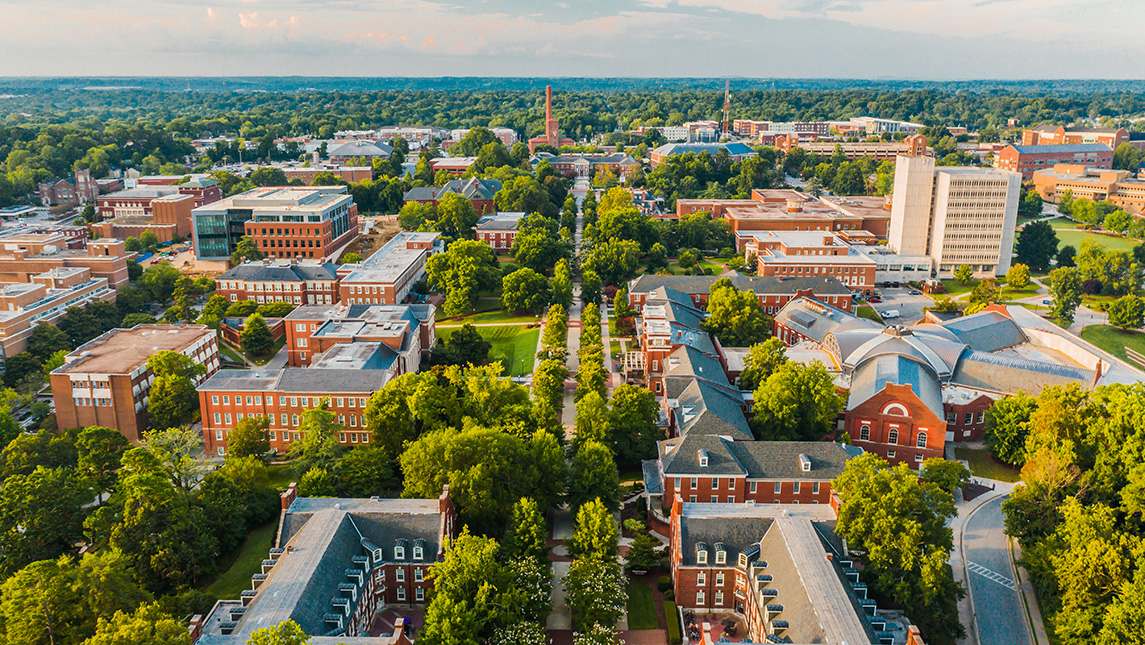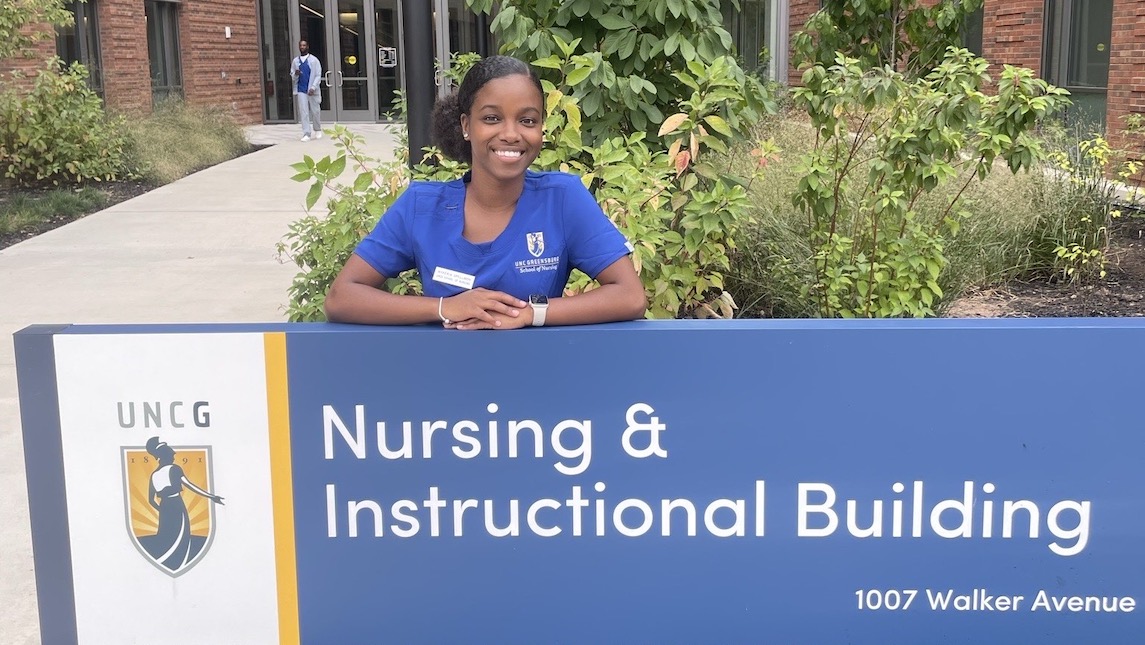
As we continue to face the COVID-19 pandemic, it’s important that UNC Greensboro students, faculty, and staff remain committed to slowing the spread of the virus on our campus and in our community.
Spartans must continue to wear face coverings, maintain social distance, practice good hygiene, and show care for our community in order to “Shield Our Spartans.”
While many of the University’s processes and procedures remain the same, some aspects of the COVID-19 response – including testing, the dashboard, and technology – have changed since the start of the semester.
“Thanks to the ongoing efforts of our campus community, we’ve been able to successfully slow the spread of COVID-19 here at UNCG. However, we know that we must remain vigilant,” said Zachary Smith, Director of Emergency Management at UNCG. “We’ve expanded testing and have introduced daily updates to our COVID-19 dashboard. We’re also excited about a new statewide mobile app, which will serve as another tool for our toolbox in the fight against COVID-19. Above all, we want to remind our campus community to continue to wear a face covering, maintain social distance, and wash hands as often as possible so that we continue to slow the spread.”
Here’s what you need to know to keep you and your fellow Spartans safe:
Reporting and contact tracing
Students and employees who have COVID-19 symptoms, test positive, or have been in close contact with someone who has tested positive must complete the COVID-19 self-reporting form.
UNCG employees who have COVID-19 symptoms, test positive, or have been in close contact with someone who tested positive should also contact their supervisors, who should then complete the COVID-19 supervisors reporting form.
Completion of these forms is critical to the contact tracing process. To be clear, the CDC defines a close contact as any individual who was within six feet of an infected person for at least 15 minutes from two days before illness onset (or for asymptomatic patients, two days prior to positive specimen collection) until the time the patient is isolated.
If you’re unsure of whether your situation is considered a close contact, complete the self-reporting form and someone from the COVID-19 task force will reach out to learn more and provide direction.
Testing
UNCG has expanded testing. On Sept. 2, UNCG began hosting a series of testing clinics targeted toward different populations in our campus community. These clinics are for asymptomatic individuals (because we know people can have the virus and not feel sick) and will help to identify potential areas of risk related to the presence of COVID-19 on campus.
Additionally, this Thursday, Sept. 24, faculty and staff are invited to participate in a voluntary COVID-19 testing clinic from 9 a.m. to 3 p.m. at the Maple Room in Elliott University Center. The clinic is for individuals who do not have symptoms and have not been in close contact with someone who has tested positive. Click here to register.
New mobile app
There is also a new tool available to the campus community. On Tuesday, Sept. 22, the North Carolina Department of Health and Human Services launched the SlowCOVIDNC exposure notification application.
The mobile app proactively notifies students, faculty, and staff about potential exposures and enables them to act quickly to protect themselves and their communities. The more people who use the application on campus, the more effective it is in slowing the spread.
If you are notified by the SlowCOVIDNC app as a close contact of someone who tested positive, you still need to complete the UNCG self-reporting form.
Learn more about how to use the app at covid19.ncdhhs.gov/slowcovidnc.
Information and resources
UNCG’s COVID-19 website remains the best place to get accurate, updated information. The website includes a COVID-19 dashboard, which is updated daily at noon with positive case counts and other important information.


